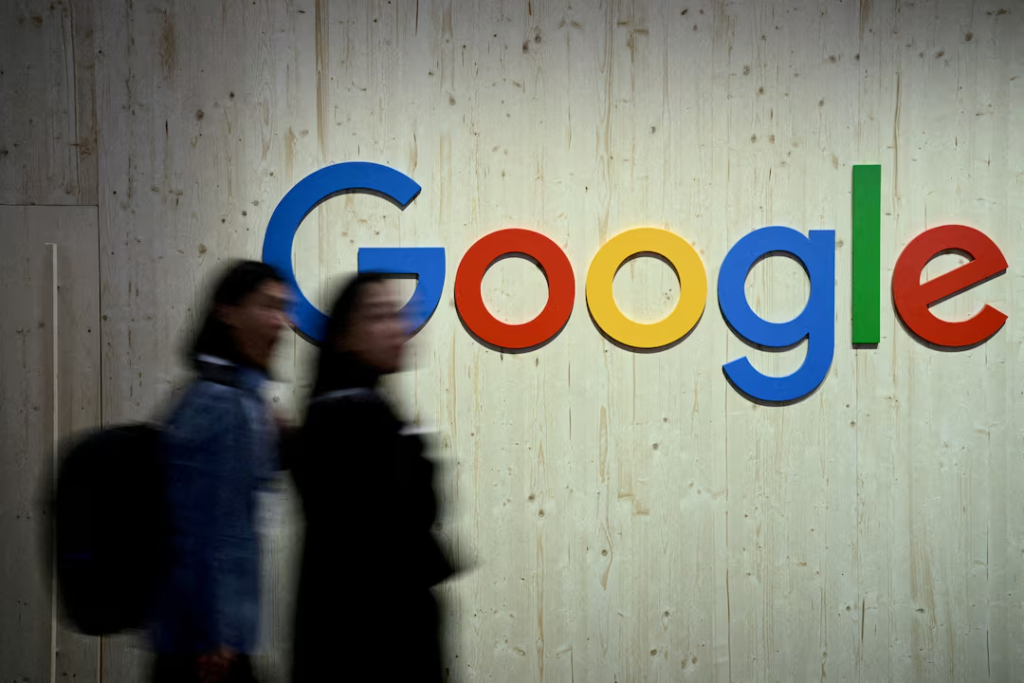J
Judge Rules Google Maintained Illegal Monopoly
In a landmark ruling, a federal judge has found that Google illegally maintained a monopoly in the online advertising market.

Judge Rules Google Maintained Illegal Monopoly in Online Advertising
This decision is a major setback for Alphabet Inc., Google’s parent company, and may reshape the future of digital advertising.
Who Brought the Case?
The case, United States v. Google LLC, was filed on January 24, 2023, by the U.S. Department of Justice. It was joined by attorneys general from 18 states, including California, New York, Virginia, and Texas.
The coalition accused Google of controlling the “ad tech stack”—a set of tools that connects advertisers with website publishers.
They argued that this control allowed Google to suppress competition, inflate prices, and hurt publishers, advertisers, and consumers.
Judge Leonie Brinkema of the U.S. District Court for the Eastern District of Virginia delivered a 115-page opinion. She ruled that Google violated Sections 1 and 2 of the Sherman Antitrust Act by using anticompetitive practices to dominate the digital ad space.
Vertical Integration and Market Control
Google owns the tools used to sell, buy, and auction digital ads. It controls the publisher ad server, the advertiser ad network, and the ad exchange. This gave Google the power to act as the “buyer, seller, and auctioneer” in many ad transactions.
The court found this structure unfair. It allowed Google to prioritize its own services, reduce competition, and charge high fees.
Key Practices That Built the Monopoly
Google bought companies like DoubleClick and AdMeld. These purchases gave it control of essential tools and prevented new competitors from emerging.
Experts showed that Google manipulated ad pricing to favor its own exchange. This made it difficult for rivals to compete.

Google forced publishers and advertisers to use its entire suite of tools. To access one, they had to use others. This blocked alternatives.
Internal documents revealed Google took over 30% of ad dollars in its system. This “monopoly tax” raised costs for advertisers and lowered revenue for publishers.
Google used off-the-record chats and labeled communications to avoid legal scrutiny. Although no sanctions were issued, the judge found enough evidence to prove wrongdoing.
Google’s Defense
Google argued that its tools were popular because they were efficient and well-designed. It claimed that advertisers and publishers used them by choice, not force.
Its legal team also pointed to falling ad prices as proof that the market was healthy. They said the company faced strong competition from Amazon, Meta, and The Trade Desk.
But Judge Brinkema rejected these points. She found that Google’s huge market share and ability to set prices without considering competitors showed clear monopoly power.
What Happens Next?
The court will now decide on penalties. The DOJ is pushing for structural remedies, including breaking up Google’s ad tech business. A hearing to determine the exact measures will take place soon.
If the court agrees with the DOJ, Google could be forced to sell parts of its business. This could include the ad exchange or the publisher ad server. Such a breakup would mark a dramatic shift in how Google operates.
Experts believe that opening the market could help rivals like Amazon or Meta grow. It may also encourage innovation and reduce costs for advertisers and publishers.
Benefits for Publishers and Advertisers
News organizations and other publishers could earn more from ads. Advertisers might pay less. Consumers could eventually see lower prices as businesses spend less on marketing.
Broader Impact on Big Tech
This case isn’t the only one. In August 2024, another court ruled that Google monopolized online search. Tech giants like Amazon, Apple, and Meta are also under investigation.
The decision could become a model for future antitrust cases. It shows that vertical integration and exclusive contracts in digital markets are now under serious legal scrutiny.
The U.S. ruling supports similar efforts in the EU, where Google has already faced heavy fines. If regulators worldwide follow this lead, Google’s global ad business could be split up or restricted further.
Why It Matters
This case highlights growing concern about Big Tech’s power. The DOJ said Google ran a “systematic campaign” to eliminate rivals and hurt innovation. Assistant Attorney General Jonathan Kanter called the ruling proof that antitrust enforcement is back in action.

For consumers, this could mean more choices and better prices. For publishers and small businesses, it offers hope for fairer ad revenues. But since Google plans to appeal, changes may take years.
Read this:
Judge Brinkema will oversee the remedies phase. The DOJ wants Google to sell off key parts of its ad tech business. Google argues that doing so would harm innovation and consumers.
Another hearing, focused on Google’s search monopoly, is also coming soon. It may lead to even bigger changes, including the possible sale of Chrome.
As the legal battles unfold, one thing is certain: Big Tech is facing more pressure than ever before.


![An ambulance is parked at the site of the Lapu Lapu event in Vancouver [Jennifer Gauthier/Reuters]](https://worldinfo.news/wp-content/uploads/2025/04/Car-Crashes-into-Vancouver-Festival-Kills-Several-554x346.webp) Car Crashes into Vancouver Festival Kills Several
Car Crashes into Vancouver Festival Kills Several  Trump Meets Zelensky, Questions Putin’s Peace Intentions
Trump Meets Zelensky, Questions Putin’s Peace Intentions  Kashmir Tensions Rise After Attack and Border Clashes
Kashmir Tensions Rise After Attack and Border Clashes  Jhelum Water Release Triggers Pakistan
Jhelum Water Release Triggers Pakistan  Barcelona Clinches Copa del Rey Over Real Madrid
Barcelona Clinches Copa del Rey Over Real Madrid  UK Social Media Giants Face £60000 Fines
UK Social Media Giants Face £60000 Fines